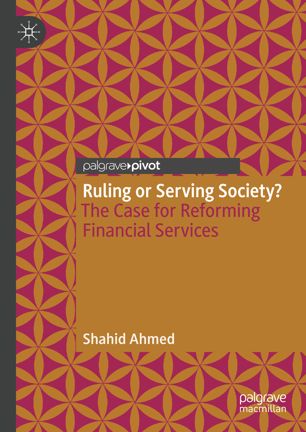

Most ebook files are in PDF format, so you can easily read them using various software such as Foxit Reader or directly on the Google Chrome browser.
Some ebook files are released by publishers in other formats such as .awz, .mobi, .epub, .fb2, etc. You may need to install specific software to read these formats on mobile/PC, such as Calibre.
Please read the tutorial at this link: https://ebookbell.com/faq
We offer FREE conversion to the popular formats you request; however, this may take some time. Therefore, right after payment, please email us, and we will try to provide the service as quickly as possible.
For some exceptional file formats or broken links (if any), please refrain from opening any disputes. Instead, email us first, and we will try to assist within a maximum of 6 hours.
EbookBell Team

4.1
40 reviewsThis book argues that the 2007/08 financial crisis revealed fundamental flaws in how the financial sector had evolved over the previous three decades. While access to financial services has improved, the total stock of debt in the global economy has risen to more than twice the size of global GDP. Financial services now play a far bigger role in all economies, developed and developing, than in the 1960s. This development has produced few, if any, worthwhile benefits. The book concludes that the largely deregulated financial sector needs to be radically reformed.
The first of these reforms would be to establish the pre-eminence of the public interest in how financial services operate. The second would involve breaking up financial institutions that have become much too big. Third, the phenomenon of financialization needs to be regulated and controlled. Finally, all countries need to work- both nationally and internationally- towards a more democratized, more robust, and less laissez faire system of socially progressive financial sector regulation to make it subservient to the needs of society rather than the other way round.
This Palgrave Pivot will be of interest to economists, financiers and banking specialists, interested in an informed debate on the causes and consequences of the 2007/2008 financial crisis.